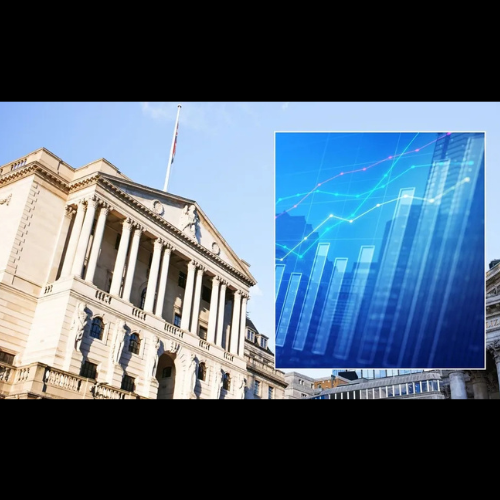The acute slump observed in the stock markets today is predominantly attributed to a fusion of profit-taking, following a remarkable five-month bull run, and a shift in market technicals.
One significant catalyst that added fuel to this fire is the recent decision of Fitch Ratings to downgrade the United States’ long-term foreign currency issuer default rating from AAA to AA+. A bold move from the renowned rating agency, it has undoubtedly sent tremors through global financial markets. However, a closer examination of the elements influencing the decision, as articulated by Richard Francis, Fitch’s co-head of the Americas sovereign ratings, paints a comprehensive picture.
Francis asserted that the path to re-establishing the pristine AAA status isn’t through the employment rate expansion, a robust dollar, or a hardy economy. Instead, it mandates a pronounced improvement in the realm of governance. This analysis pivots on the sustained degradation in America’s key financial indicators, observed over several years. Francis drew attention to the significant rise in the general government debt from less than 60% in 2007 to 113% currently. Coupled with this is the anticipation of a burgeoning fiscal deficit in the upcoming triennium, leading to a corresponding surge in the debt.
Compounding this issue is the evident legislative gridlock on critical matters like the debt ceiling, observed amongst both Democratic and Republican leaders. This persistent brinkmanship and the lingering shadows of the 2021 insurrection have obstructed the development of substantial strategies to confront the escalating fiscal issues, specifically those related to entitlement programs such as Medicare and Social Security.
To reinstate the premier rating, Francis elucidated that Fitch would keenly observe the development of a sustainable fiscal solution that comprehensively addresses these entitlement programs. They would also consider the government’s readiness to scrutinize both the revenue generation and expenditure aspects of these programs. Another essential criterion would be the government’s commitment to alleviate the deficit and address the debt ceiling controversy, either by suspension or abolition.
However, it’s noteworthy to mention that the rating agency’s decision has been met with a volley of criticism and dismissiveness, emanating from distinguished economists to the White House. This reaction stems from the belief in the resilience of the nation’s economy.
Refuting this pushback, Francis pointed out that while the economy’s health is undoubtedly essential and could influence the overarching fiscal scenario in the U.S., it isn’t the panacea for governance issues. Therefore, the avoidance of a recession should not preclude the possibility of a downgrade. Instead, the agency’s focus revolves around a broader examination of the nation’s creditworthiness and future fiscal projections.
Despite the unprecedented downgrade, market pundits aren’t anxious about the long-term repercussions for equities. Following the announcement, there was an inevitable wave of stock sell-offs. Nevertheless, the consensus among experts suggests that the long-term impact on both the equity and debt markets will be subdued.
To recap, Fitch’s downgrade was primarily driven by the “high and growing general government debt burden” and the discernible “erosion of governance.” Nonetheless, the agency replaced its negative rating watch on the U.S. with a stable outlook, suggesting that although the short-term implications may be substantial, the long-term effects may be far less severe.
Disclaimer: The author is not a licensed financial advisor and the information provided is for informational purposes only. Always consult with a certified financial advisor before making investment decisions.







